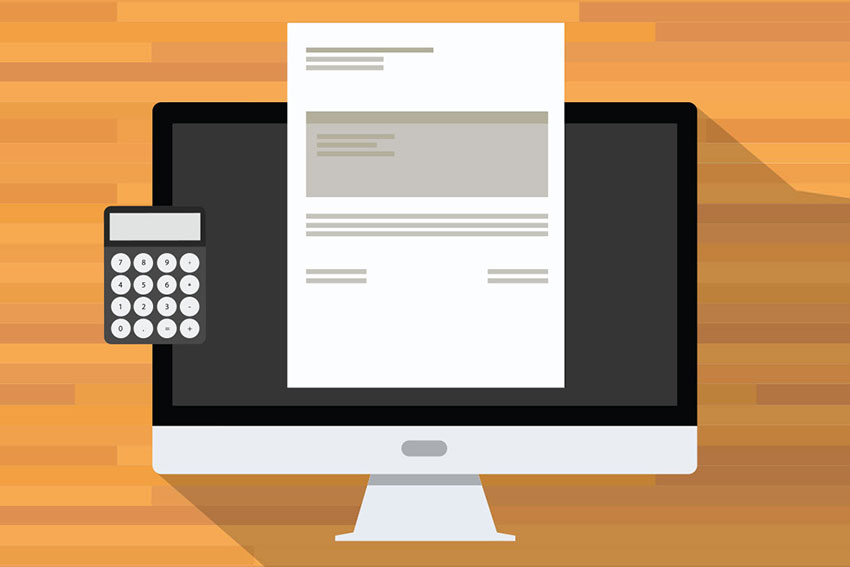
VAT Registration: Who Needs it and How to Register
Everything a new or small business needs to know about VAT Registration
If your business meets certain criteria then you will be expected to register for VAT. Even if you are not required to, it can be beneficial for some businesses.
Here we explain to both new and small businesses what the criteria are for those who need to register and how you can register.
Once you’re registered you must charge VAT on any goods and services that you sell that are subject to VAT. Some goods and services are exempt from this, a list of those can be found here.
Who Needs To Register?
VAT registration threshold tends to be set each year in the Budget. It’s currently compulsory for businesses whose annual turnover is above the threshold of £82,000 (April 2015-16). It tends to be set each year in the Budget.
If you’re bringing in excise goods such as tobacco and alcohol into the UK then VAT is always required.
Temporarily Going Over The Registration Limit
However, if you can show the HMRC that your turnover has only temporarily risen above the VAT threshold and it will fall back below the deregistration threshold of £80,000 (April 2015) then you can be exempted from VAT Registration. If you’re already registered then you can deregister.
Importing from EU Countries
If your business is involved in importing, there are additional requirements that you have to meet if you’re going to be registering for VAT. It all depends on the value of the goods you acquire from other EU countries.
EU Businesses ‘Distance Selling’
If you ‘distance sell’ from another EU to non-VAT registered customers in the UK then you need to register for VAT.
How To Register?
You should apply towards the end of the month using one of the following methods. There is no charge for completing the form and once registered you will have to complete quarterly VAT returns online.
Online
Most businesses can register online, by doing this you’ll register for a VAT and create an online account (also known as a ‘ Government Gateway account) including partnerships and a group of companies under one VAT number.
Use an Accountant
You can appoint an accountant or an agent to submit your VAT Returns and deal with HMRC on your behalf.
Post
You must register by post if:
•You want to apply for a ‘registration exception’
• You’re an EU business ‘distance selling’ to the UK
• You import goods from another EU country
• You’re joining the Agricultural Flat Rate Scheme
• You’re disposing of assets on which 8th or 13th Directive refunds have been claimed
You should get a VAT Registration certificate within 14 working days though it can take longer.
What Else Do I Need To Know?
•You will need to have the following details: your turnover, business activity and bank details.
• Your registration date is known as your ‘effective date of registration’. You’ll have to pay HMRC any VAT due from this date.
• You don’t need to authorise an accountant/agent to register you for VAT.
• All sales (including sales made overseas) are included in calculating whether you have reached the registration threshold or not.
